From DSC:
It seems like there’s been an increase in the number of “boot camps” that I’m seeing — below are some examples:
.
New MOOC Platform Provides Free IT Certification Courses — from campustechnology.com by Rhea Kelly
People offering their own bootcamps / building their own brands; such as this Two Week Web Development Bootcamp for Beginners by Adam Stanford.
Some other approaches that are occurring:
Simon & Schuster to sell online courses taught by popular authors — from nytimes.com by Alexandra Alter; with thanks to Sidneyeve Matrix for her Tweet on this
Excerpt:
Simon & Schuster is making a push into paid online video, with a new website offering online courses from popular health, finance and self-help authors.
The cost of the first batch of online courses ranges from $25 to $85, and includes workbooks and access to live question-and-answer sessions with three authors: Dr. David B. Agus, the best-selling author of “The End of Illness”; Zhena Muzyka, who wrote the self-help book “Life by the Cup”; and Tosha Silver, the author of the spiritual advice book “Outrageous Openness.” The courses will be available on the authors’ individual websites and on the company’s new site, SimonSays.
.
But there is a new wave of online competency-based learning providers that has absolutely nothing to do with offering free, massive, or open courses. In fact, they’re not even building courses per se, but creating a whole new architecture of learning that has serious implications for businesses and organizations around the world.
It’s called online competency-based education, and it’s going to revolutionize the workforce.
…
The key distinction is the modularization of learning.
…
Here’s why business leaders should care: the resulting stackable credential reveals identifiable skillsets and dispositions that mean something to an employer. As opposed to the black box of the diploma, competencies lead to a more transparent system that highlights student-learning outcomes.
From DSC:
Though several of the items above have a slant towards IT/coding/programming, other disciplines may be impacted by these types of trends as well.
These developments are meant for consideration for those of us working within higher education. What do they mean for us? Should they inform more of our strategies? Our visions? Our responses?
Addendums on 2/17/15:
- Should your institution consider a nanodegree program? — from by Rebecca Lundberg
Students seeking to build technical skills and credentials are enrolling in nanodegree programs.
Addendum on 3/27/15:
- Anyone Can Be a Teacher at Skillshare, an Online School — from nytimes.com by Jonah Bromwich
Excerpt:
Skillshare is an online video platform that allows anyone to sign up and teach a class. The company has proved adept at recruiting experts to teach on its website. Aside from Ms. Orlean’s class on creative nonfiction, the website has a class on visual storytelling from the design maven Debbie Millman and a marketing course taught by the entrepreneur Seth Godin. At one point, it even offered screenwriting instruction from James Franco.
Addendum on 4/1/15 — with thanks to Mr. Cal Keen at Calvin College
Addendum on 4/7/15:
- Udemy alternatives for selling video courses online — from robcubbon.com
Udemy is currently the leading online learning platform. Their top 10 instructors all made over $500,000 last year and the top earner makes over $8 million. I make $4000+ each month by selling courses on Udemy.
Addendum on 5/1/15:
Addendum on 5/18/15:
- 16 Startups Poised to Disrupt the Education Market — from inc.com by Ilan Mochari
Colleges and universities are facing new competition for customers–students and their parents–from startups delivering similar goods (knowledge, credentials, prestige) more affordably and efficiently. Here’s a rundown of some of those startups.









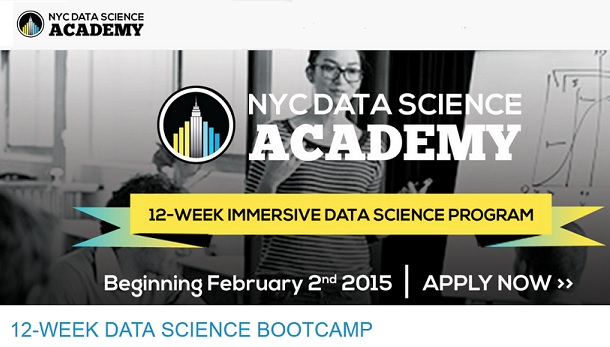

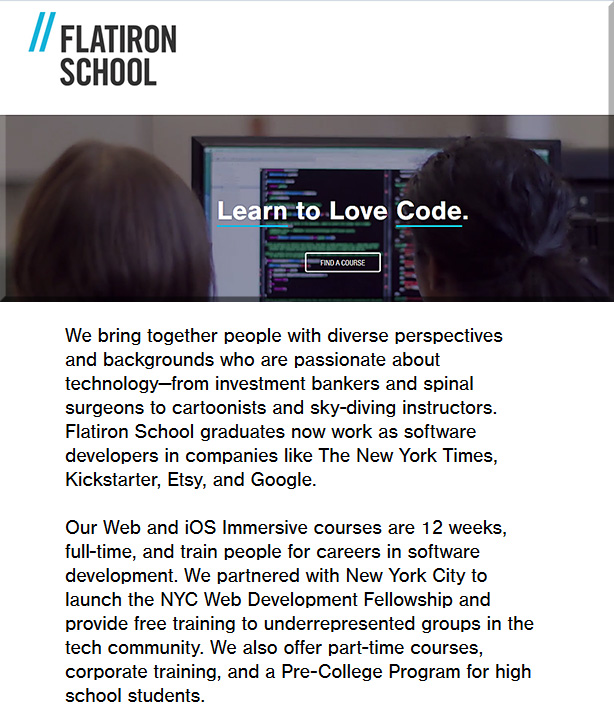
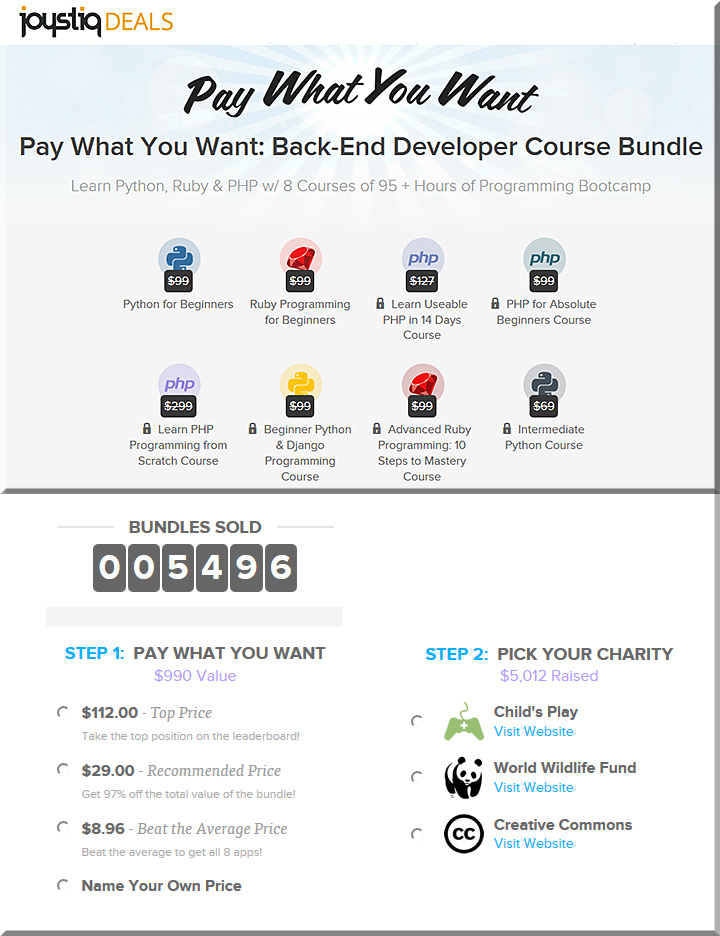
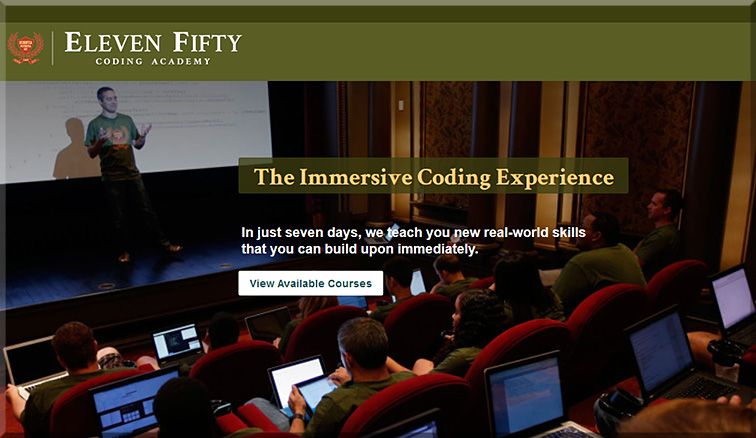


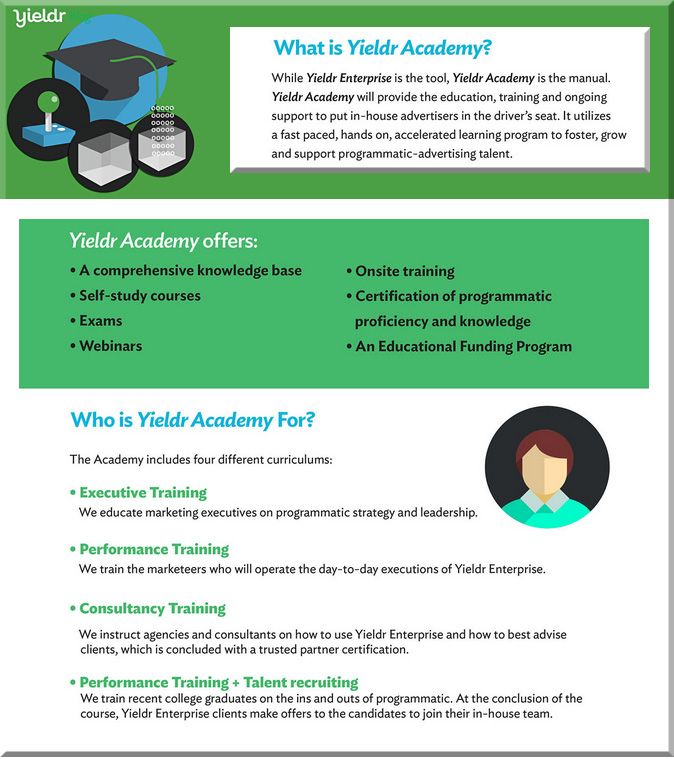

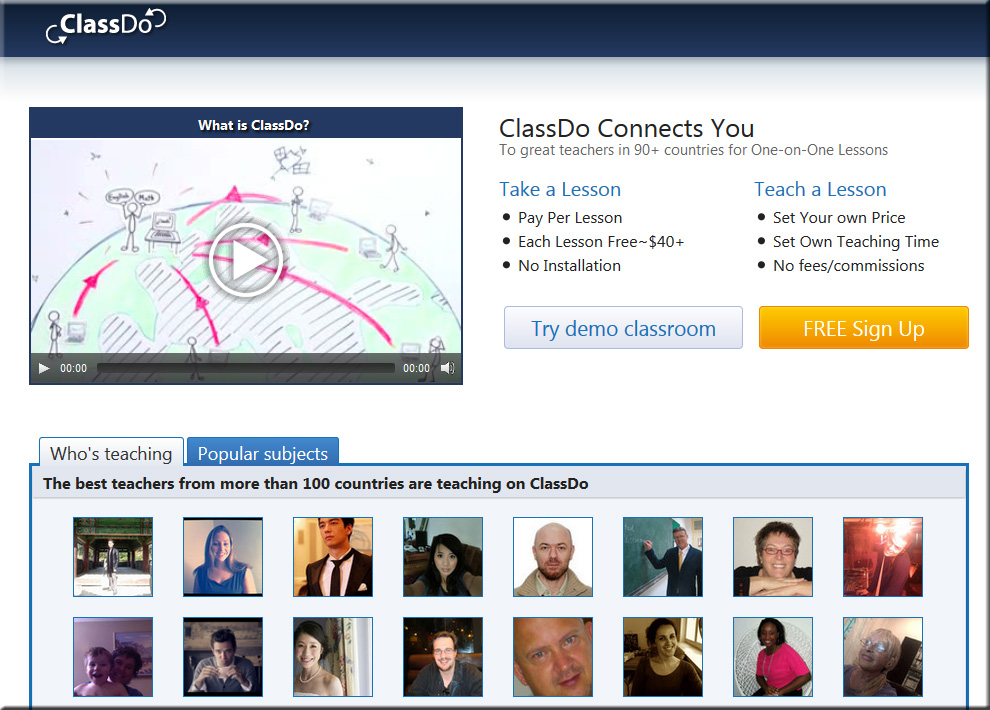

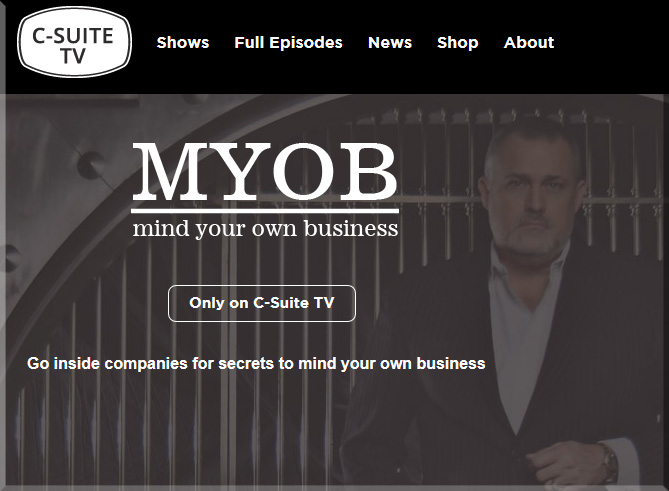


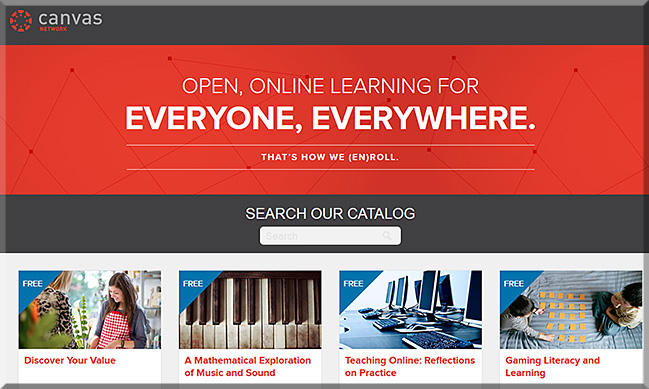

[…] I wonder if the need for these short term solutions is one of the reasons why we’re seeing more bootcamps and similar alternatives popping up? […]
[…] to be nimble, responsive, or to be able to quickly change directions? Is it any wonder that alternatives to traditional higher education arise on a weekly to monthly basis these days as people look to address the gaps involving higher […]